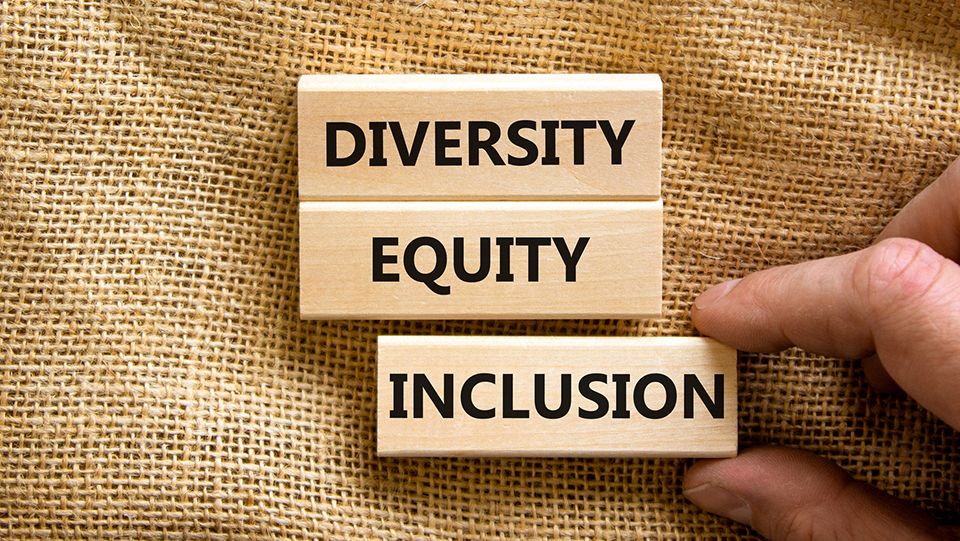Private equity ESG fund manager Abris Capital Partners has launched a practical diversity, equity and inclusion (DEI) code for the firm and its portfolio companies.
The DEI Code sets out six key commitments, covering education, governance, ownership and process, as well as a commitment from Abris to promote inclusion across private equity. The code also encompasses DEI recommendations that advisers and other contractors should adhere to when working with Abris.
Results can be observed and measured through Abris’ proprietary ESG scoring application, allowing the firm to monitor the programme’s impact. Abris said its current DEI programmes were already having tangible results, with the proportion of women in management roles at portfolio companies rising from 26% in 2021 to 49% in 2022, and every Abris business having conducted DEI training over the past year. The new code aims to build on these results.
“People determine whether we succeed or fail,” said Pawel Gierynski, managing partner of Abris.
“By putting people first, by ensuring we understand their needs and by building an organisation that accommodates everyone as equals, we will better respond to the challenges of a changing world, as well as optimising value creation in our portfolio companies. This is why we have developed our DEI Code.”
The code has been developed by the Abris DEI working group in partnership with external experts. Its six commitments, which Abris aims to achieve across its portfolio companies, starting in 2023, are:
- Creating a culture of ‘DEI readiness’ through education, internal dialogue and the application of best market practices.
- Ensuring at least 30% of the underrepresented gender in the composition of supervisory boards and leadership of portfolio companies.
- Appointing the chief people officer as a management board member in each portfolio company to elevate HR and DEI topics to the strategic level.
- Building formalised and transparent HR systems with industry relevant DEI chapters in each portfolio company.
- Prioritising constant learning based on monitoring and reporting via the ESG scoring application.
- Promoting DEI in the private equity ecosystem, taking leadership on building DEI into relationships with advisers.
“DEI is possibly the hardest element of ESG to get right, but one of the most important,” said Robert Sroka, value enhancement partner at Abris.
“When we achieve truly inclusive workplaces, management decisions, strategic direction and HR policies will all be shaped by diverse, united, motivated, aware and engaged teams. That is our ultimate goal.”
Abris has almost €1.3bn investment capital and was the first private equity house in Central Europe to become B Corp accredited, in May this year.








